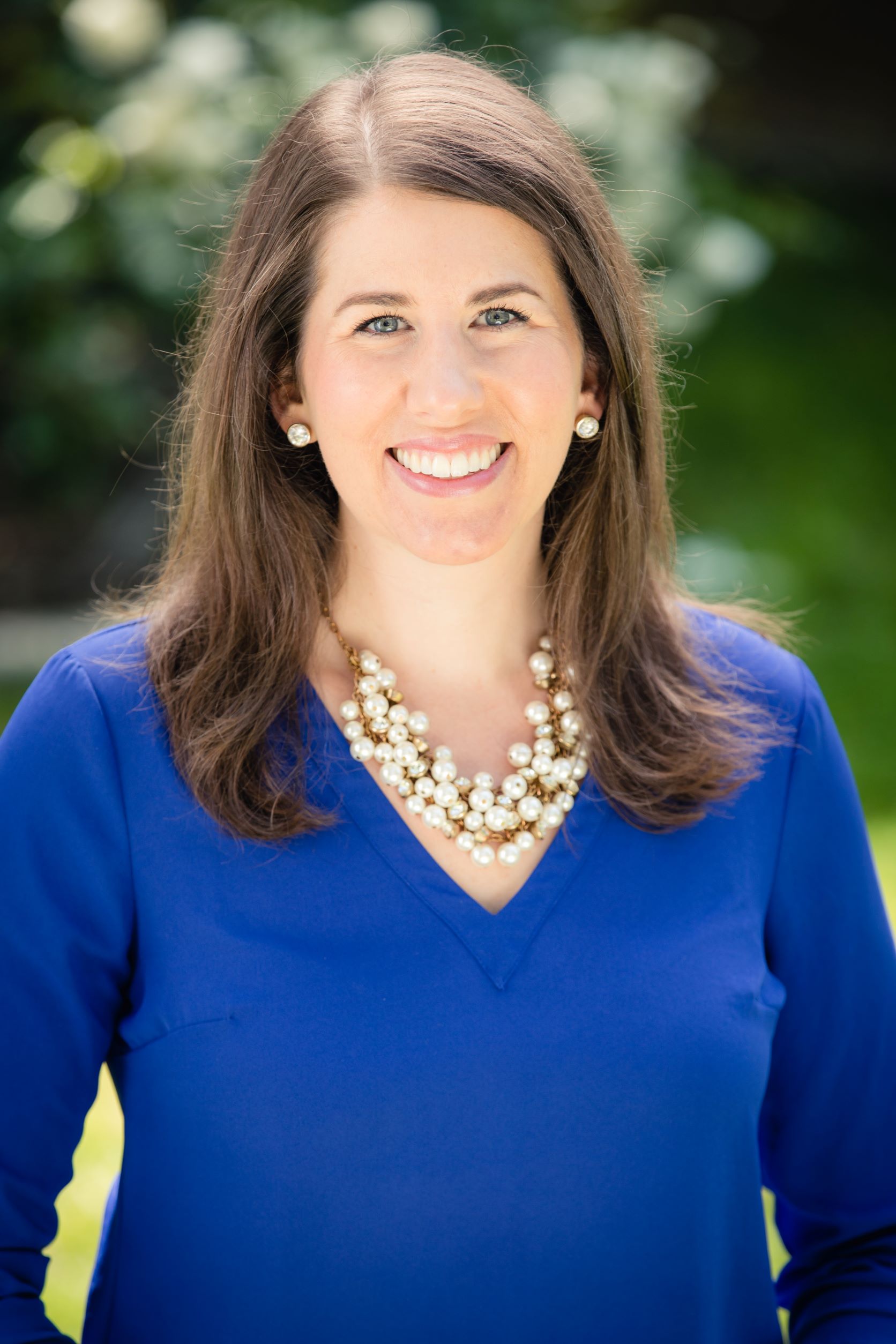Baylor Researchers Receive $2.5 Million Grant from John Templeton Foundation to Illuminate Theological Inquiry and Christian Ethics Through Training in Psychological Science
Media Contact: Lori Fogleman, Baylor University Media and Public Relations, 254-709-5959
Follow us on Twitter: @BaylorUMedia
Interdisciplinary team led by Baylor religion professor/bioethicist Devan Stahl, Ph.D., and psychologist Sarah Schnitker, Ph.D., will equip theologians to incorporate psychological sciences into their work tackling complex problems of human flourishing
WACO, Texas (Oct. 17, 2022) – An interdisciplinary team of Baylor University researchers in psychology, religion and bioethics will explore how to tackle the complex problems of human flourishing by training theologians to incorporate the methods and insights of the psychological sciences into their work through a $2.5 million grant from the John Templeton Foundation.
The project – “Illuminating Theological Inquiry and Christian Ethics Through Training in Psychological Science” – is co-led by Baylor faculty Devan Stahl, Ph.D., assistant professor of religion and a theological bioethicist who is principal investigator, and Sarah Schnitker, Ph.D., associate professor of psychology. Both faculty members also serve as part of the Baylor Ethics Initiative, a community of scholars and practitioners dedicated to critical and creative research about how Christian beliefs and practices relate to the broader cultural, social, economic and political systems inhabited by local, national and global citizens.
“Theologians have long been engaged in answering deep questions concerning human nature, the purposes of human life and how we ought to live, but they often do so by using an isolated set of humanities methodologies and lexicons,” Stahl said. “Strides are being made by individual theologians to incorporate the methods and insights of the psychological sciences into their work, but there is seldom opportunity for theological faculty to gain skills necessary to do this work effectively.”
Interdisciplinary collaboration
Over a three-year period, the researchers’ project will equip theologians with the tools and skills necessary to respond to the deep challenges and opportunities presented to people today by incorporating the tools of modern science and provide them the resources to engage in research with psychological scientists as equal partners and productive team members.
By providing training, mentoring and small subgrants to researchers, Schnitker and Stahl hope the project leads to creating a model of interdisciplinary collaboration that can be replicated across institutions.
“The central hypothesis of this grant is that the Christian theologian has many uses for psychological science and shares common concerns with psychologists about suffering, virtue development and aesthetics,” Schnitker said. “Based on our integrative model and hypothesized points of connection, we will run a competitive process of selecting theologians inside and outside Baylor University who have expertise in these areas and are interested in continuing or broadening their interdisciplinary research to include the psychological sciences.”
The grant will provide in-depth training over three phases that will become increasingly robust and hands-on: (1) education in and engagement with psychological literature, (2) lab training with mentors and (3) interdisciplinary collaboration with psychological scientists. The researchers are seeking a group of junior and midcareer theology faculty, who are interested in the program. Application materials are available on the Baylor Ethics Initiative website. The deadline to apply is Feb. 1, 2023.
Humanity’s deepest questions
“We are deeply grateful to the John Templeton Foundation for this grant that will allow us to offer training in science-engaged theology,” Stahl said. “Sir John Templeton was dedicated to exploring how the methods of science might be used to answer humanity’s deepest questions. By using a team science approach to inquiry, teams of theologians and psychologists will focus their attention on theological questions relevant within psychological research. Psychologists will benefit from theologians’ depth of insight that will enrich psychological research that intersects with issues in theology.”
Stahl focuses on bioethical issues as they relate to people with disabilities. She joined the Baylor religion department in 2019 after four years on the clinical ethics faculty at Michigan State University. She has taught bioethics and medical humanities to religion students as well as medical students, residents, and fellows. At Baylor, she teaches students – whose disciplines range from religion to pre-med – to think about the ethics of healthcare through a faith lens. She also works as a clinical ethicist with the Supportive and Palliative care team at Baylor Scott & White Hillcrest. Stahl’s latest book – Disability's Challenge to Theology: Genes, Eugenics, and the Metaphysics of Modern Medicine – looks deeply at the ethical implications that genetic technologies pose for Christian thought.
Schnitker studies virtue and character development in adolescents and emerging adults, with a focus on the role of spirituality and religion in virtue formation, and she leads the Science of Virtues Lab at Baylor. Her specialties include the study of patience, self-control, gratitude, generosity and thrift. She has published more than 75 peer-reviewed articles and edited chapters and procured more than $10 million in funding as a principal investigator on multiple research grants. Schnitker is an associate editor for Psychology of Religion and Spirituality, an editorial board member for Journal of Research in Personality and a co-editor of the forthcoming Handbook of Positive Psychology, Religion, and Spirituality.
The Baylor Ethics Initiative grew out of the University’s Illuminate strategic plan, tying one of its five signature academic initiatives – Human Flourishing, Leadership and Ethics – to at least three other initiatives: Health, Data Sciences, and Baylor in Latin America. At the same time, the BEI draws upon and reinforces the Foundational Pillars upon which Illuminate is built: It is rooted in research and scholarship about the significant challenges confronting the world while remaining deeply committed to transformational education in a Christian environment that critically and creatively engages the entire spectrum of human activity.
ABOUT BAYLOR UNIVERSITY
Baylor University is a private Christian University and a nationally ranked Research 1 institution. The University provides a vibrant campus community for more than 20,000 students by blending interdisciplinary research with an international reputation for educational excellence and a faculty commitment to teaching and scholarship. Chartered in 1845 by the Republic of Texas through the efforts of Baptist pioneers, Baylor is the oldest continually operating University in Texas. Located in Waco, Baylor welcomes students from all 50 states and more than 90 countries to study a broad range of degrees among its 12 nationally recognized academic divisions.
ABOUT THE COLLEGE OF ARTS & SCIENCES AT BAYLOR UNIVERSITY
The College of Arts & Sciences is Baylor University’s largest academic division, consisting of 25 academic departments in the sciences, humanities, fine arts and social sciences, as well as 10 academic centers and institutes. The more than 5,000 courses taught in the College span topics from art and theatre to religion, philosophy, sociology and the natural sciences. Faculty conduct research around the world, and research on the undergraduate and graduate level is prevalent throughout all disciplines. Visit baylor.edu/artsandsciences.


